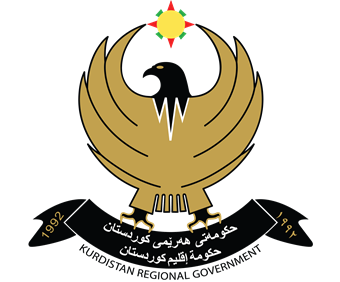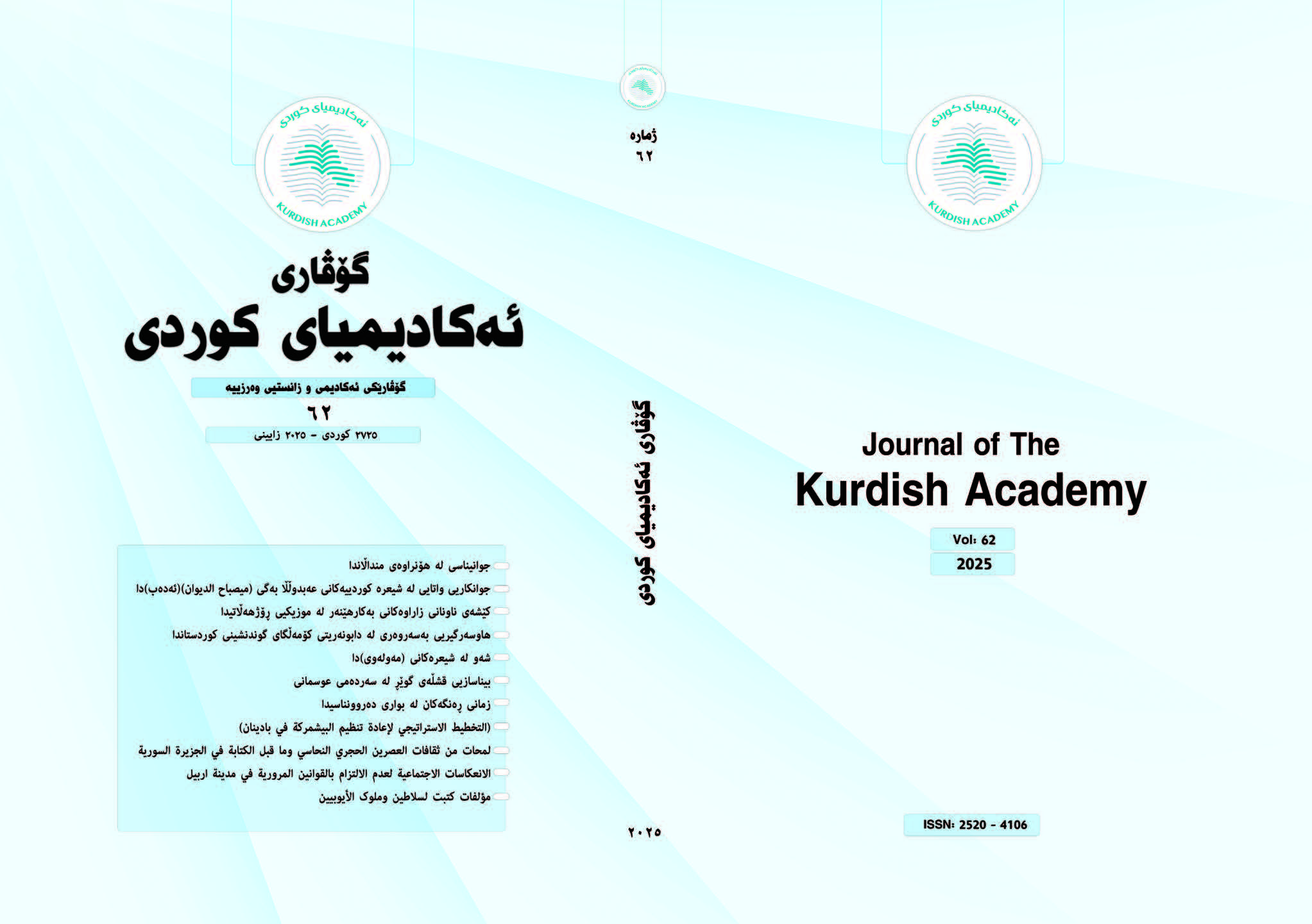- جوانیناسی لە هۆنراوەی منداڵاندا
-
DOI:
https://doi.org/10.56422/ka.1.62.679Abstract
Literature, especially children's literature, leaves a positive impact on raising children, and is a major factor so that the child can express himself and speak correctly. This process reflects the logic of rhetoric and dialogue until it reaches the truth that the child pronounces these things easily and clearly, including: recognizing the meaning of sentences and their gestures and thinking about the philosophy of these gestures and searching for them. Children's poetry is able to develop and educate the child from its many educational and civilizational outlets. The musical, melodious steps of children's poetry develop the feeling of education and his aesthetic vision, and his desire to comprehend concepts and make this being willing to feel the beauty and impudence of life. The philosophy of children's poetry prepares the child psychologically so that he can contemplate and make a decision in facing life and its components, and the contemplative and deductive philosophy enables him to change the child's vision of his social environment positively, as it leaves an effective impact, so that he decides mentally without making mistakes and does not see the world from one angle. Therefore, the poem left a psychological and mental impact on the child's vision because children's poetry is one of the most beautiful literary types in children's literature. Through which the child realizes the beauty of expression and many outlets open up before him to purify his thinking from impurities and that the poem, apart from the musical melody, expressive aesthetics and philosophical starting points, carries within it other goals...





